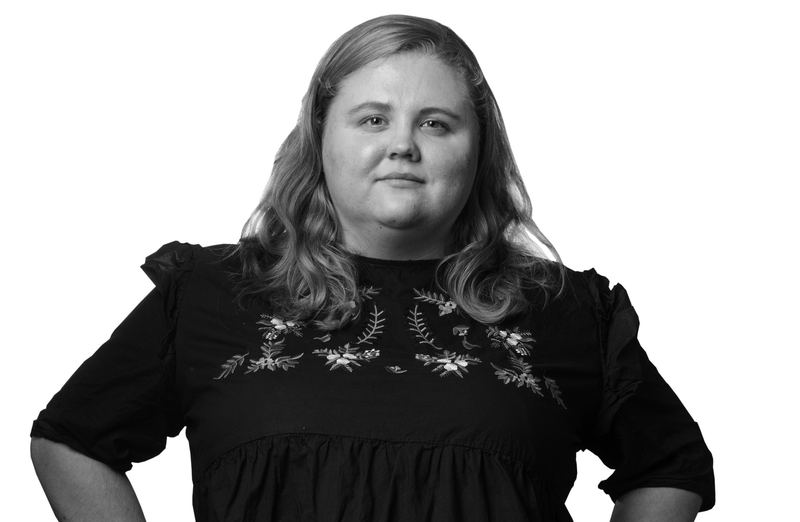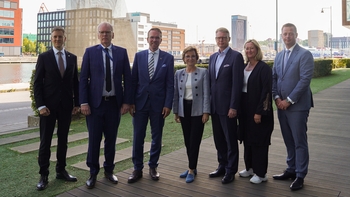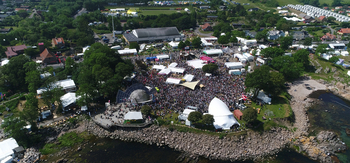“Women in rural areas should feel cool”

Improving gender equality in rural areas around the world and supporting the women and girls who live there is the overall theme of the summit of the Commission on the Status of Women this year.
One of the public events being co-hosted by the Nordic countries is
“Rural realities in the Nordics – leaving men behind?”
The title suggests that women in the Nordic countries are more likely to leave rural areas than men in order to educate themselves in the cities.
“Migration is always gendered. This insight can inject new ideas into politics about what is needed to give both women and men the economic opportunities they deserve,” says Gary Barker, CEO of the Promundo organisation and moderator of the debate.
The participants in the panel represent several sparsely populated areas of the Nordic Regions: Aili Keskitalo, president of the Sami parliament in Norway, Sari Raassina, parliamentarian from Karelen in Finland, Naaja Nathanielsen, head of criminal care in Greenland, and Karin Gahnström Jonsson, cultural journalist from Östersund in northern Sweden.
Bafana Khumalo, one of the founders of the Sonke Gender Justice organisation in South Africa is also participating.
Maps showing gender equality in rural areas
The foundation for the debate is new and unique map material showing the conditions for gender equality in sparsely populated areas of the Nordic Region.
The maps show that there are considerable distances between birth clinics in Finland, northern Norway, northern Sweden, and parts of Iceland. They also show that the labour market in rural areas of the Nordic Region is more gender segregated than in the cities.
Karin Gahnström Jonsson is critical of the closure of services and welfare facilities in rural areas which is forcing people out of them. She also wants to change the stereotypical image of the people who live in these areas.
“I want women in rural areas to be valued just as highly as urban career people in their high-rise buildings. I want them to feel cool,” says Karin Gahnström Jonsson .
Join us at the UN headquarters or listen in via the link.
- Follow the debate on UN web TV from 08:15 to 09:30 local time (13:15 to 14:30 CET).
- If you’re at CSW at the UN headquarters in New York, you can watch the debate in Conference Room 12 from 08:15 to 09:30 local time.
- Take a look at the Nordic gender equality maps here.



